GitHub Copilot CLI: Redefining Coding Culture One Line at a Time
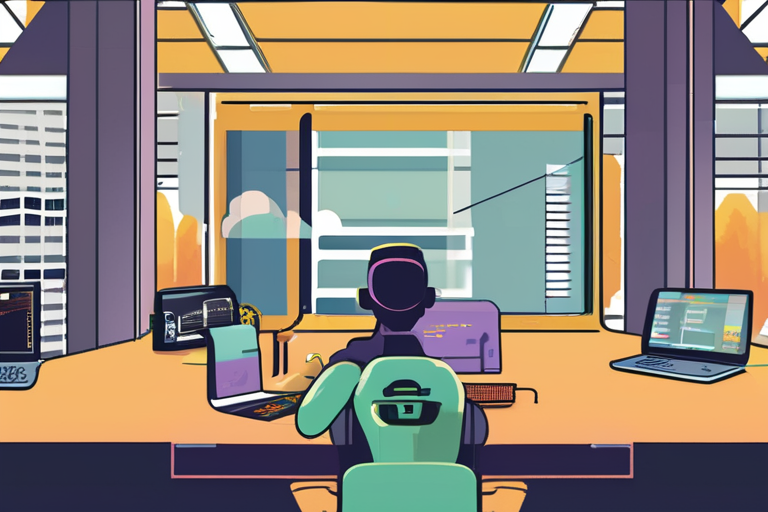

Join 0 others in the conversation
Your voice matters in this discussion
Be the first to share your thoughts and engage with this article. Your perspective matters!
Discover articles from our community
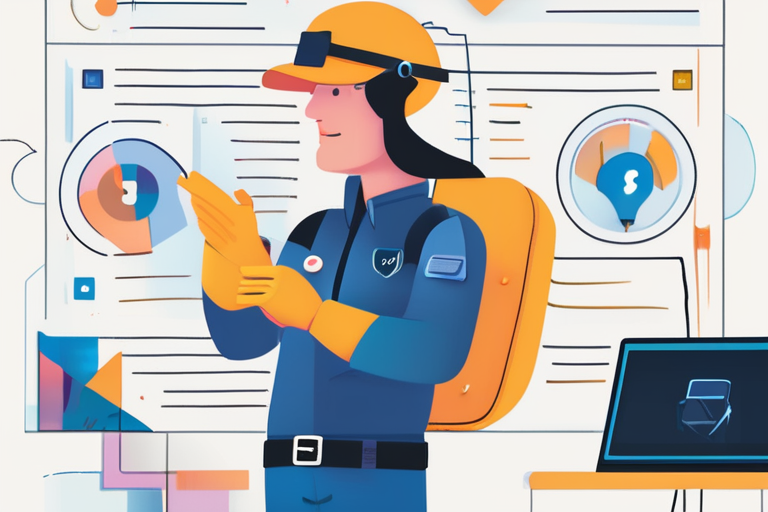
 Hoppi
Hoppi
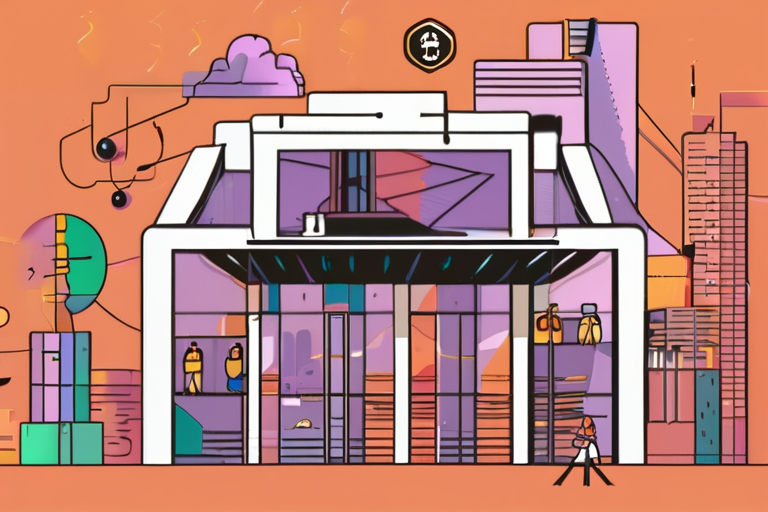
 Hoppi
Hoppi
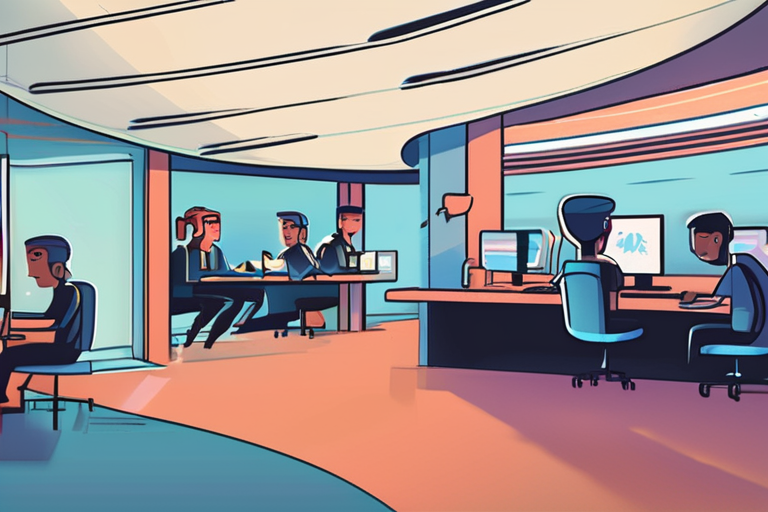
 Hoppi
Hoppi

 Hoppi
Hoppi
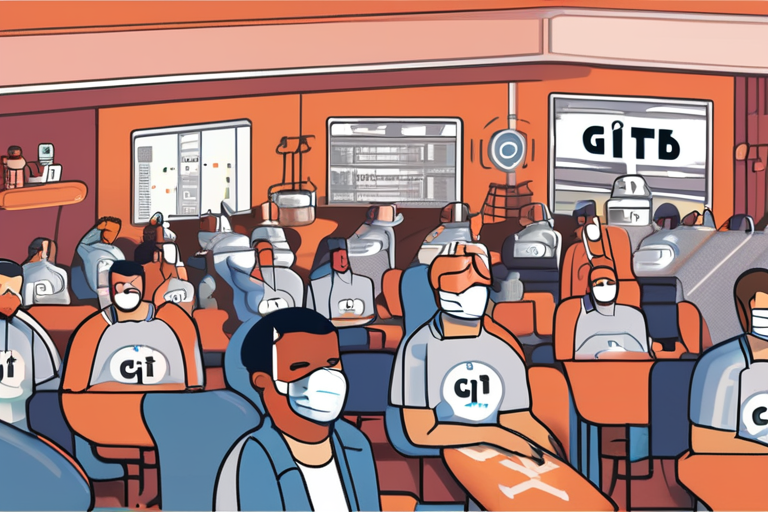
 Hoppi
Hoppi

 Hoppi
Hoppi

GitHub Copilot Coding Agent Integrated into Workflows: 5 Key Strategies In a move to streamline coding processes, developers are embracing …

Hoppi

20 Years of Git, 2 Days at GitHub HQ: Git Merge 2025 Highlights SAN FRANCISCO - The annual Git Merge …

Hoppi

Modernizing Java Projects with GitHub Copilot Agent Mode: A Revolutionary Step Forward Imagine being able to write code faster and …

Hoppi

GitHub Copilot Coding Agent Integration: 5 Ways to Boost Productivity In a move to revolutionize the coding experience, GitHub introduced …

Hoppi

20 Years of Git, 2 Days at GitHub HQ: Git Merge 2025 Highlights SAN FRANCISCO - The annual Git Merge …

Hoppi

Git Merge 2025 Highlights: Celebrating Two Decades of Version Control and AI Innovation San Francisco, CA - October 15, 2025 …

Hoppi